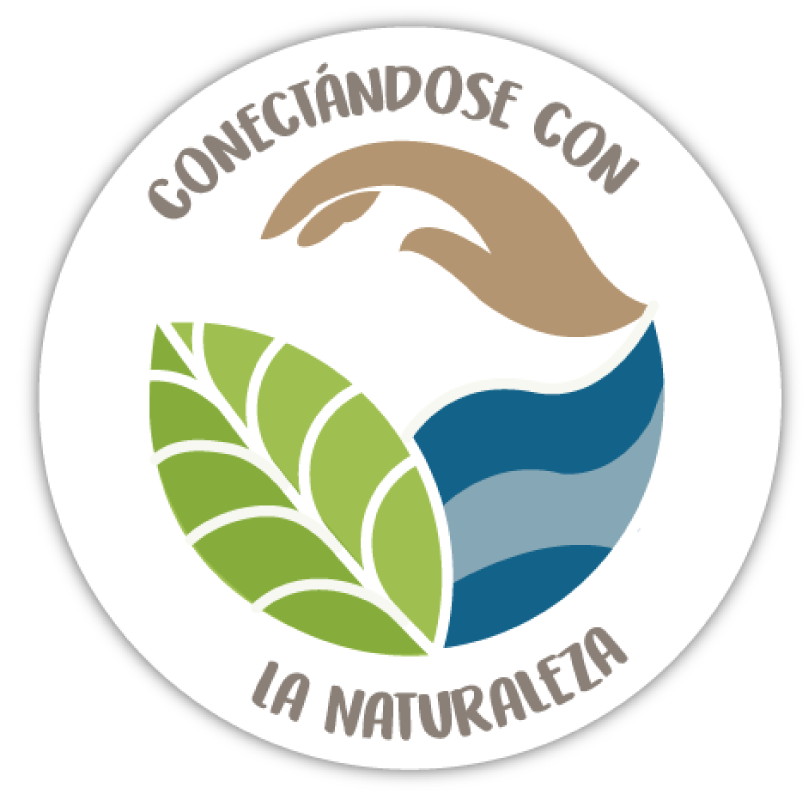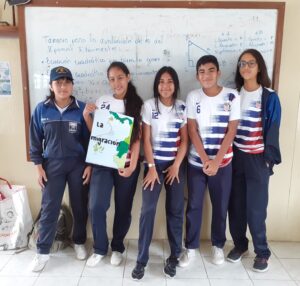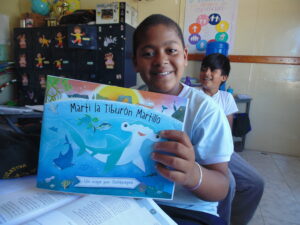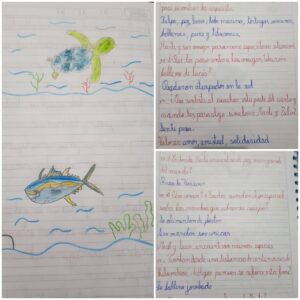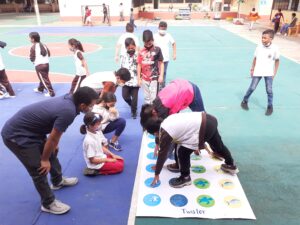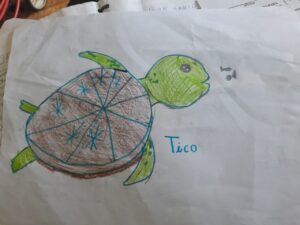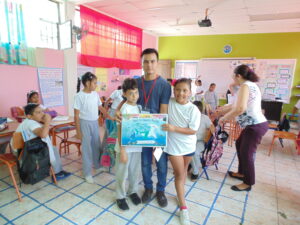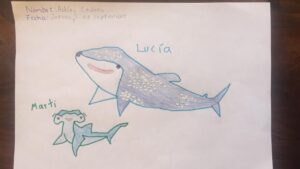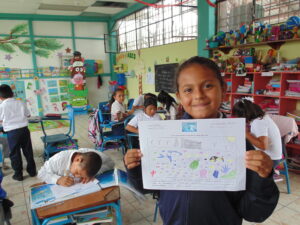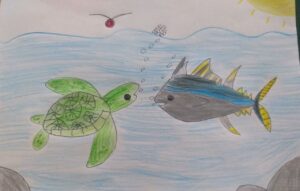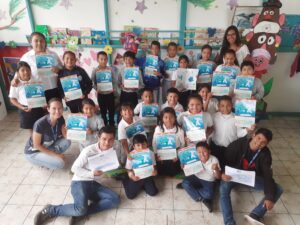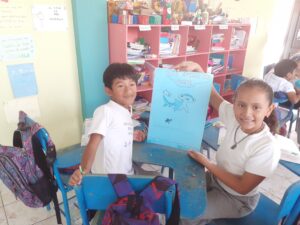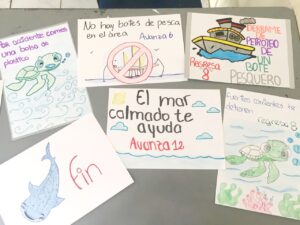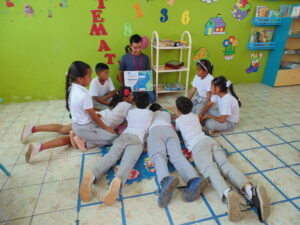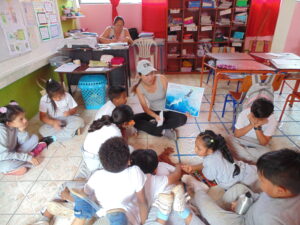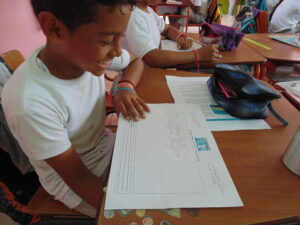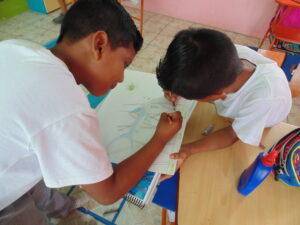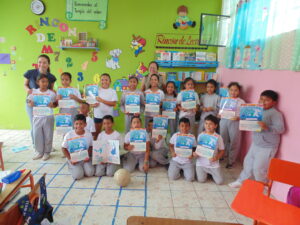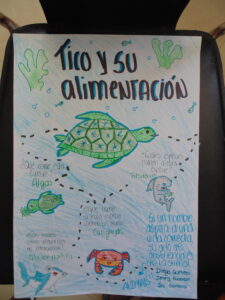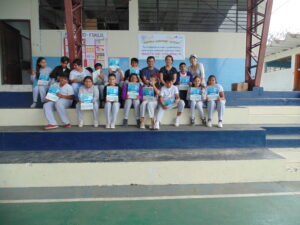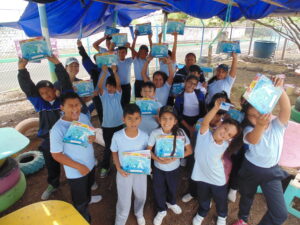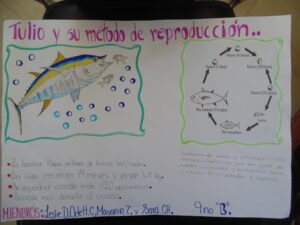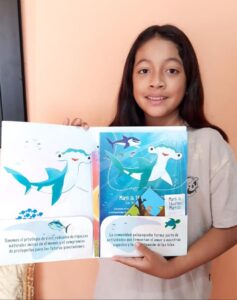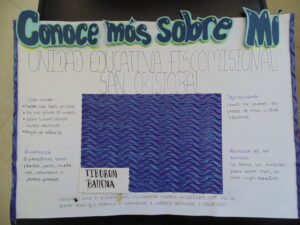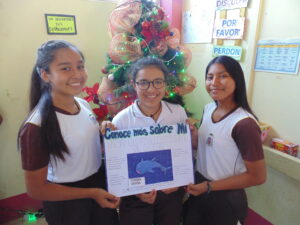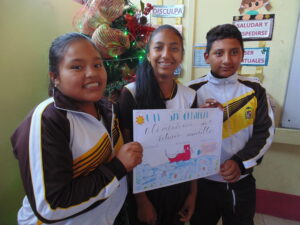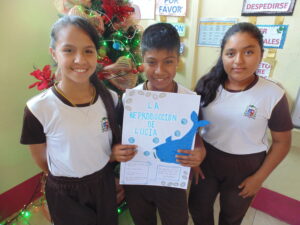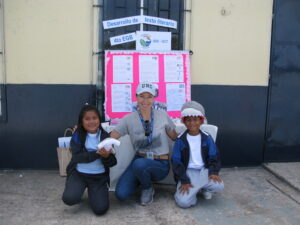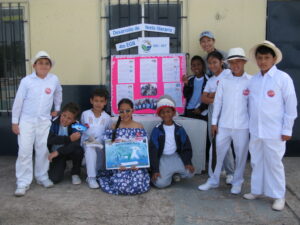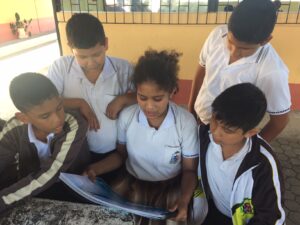MY FRIEND MARTI
Virtual Classroom
MY FRIEND MARTI
Virtual Classroom
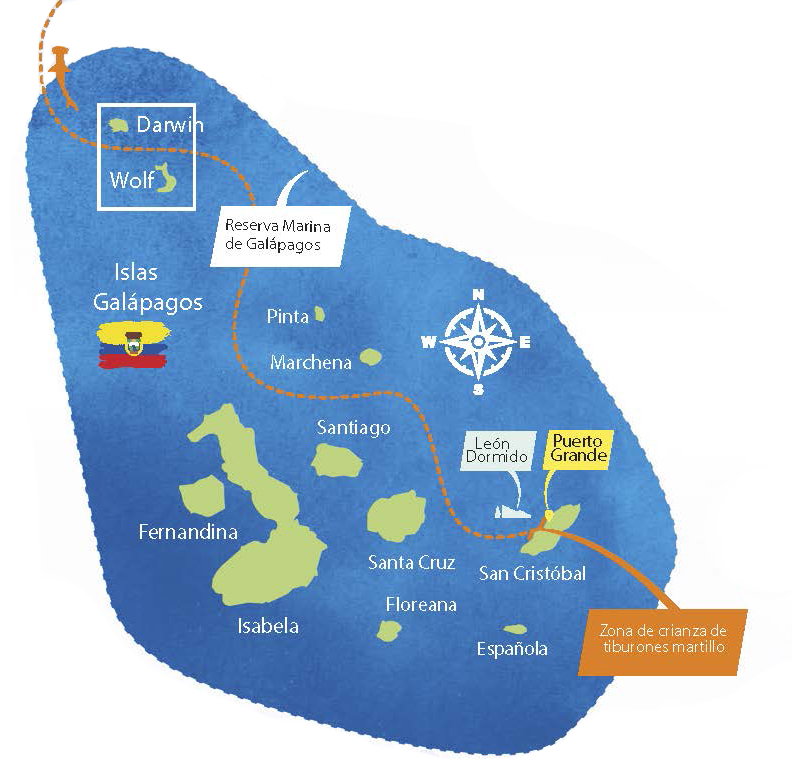
The Galapagos Islands
Virtual Classroom

What is it about and what is it for?
Since 2019, with the goal of promoting shark conservation and the preservation of the marine ecosystems of the islands, an educational activity called Reading Sessions with Marti has been conducted. This initiative is inspired by a science-based story centered around sharks and has been implemented through activities designed to develop reading comprehension, critical thinking, and strengthen values such as empathy, respect, and conservation ethics necessary for protecting our marine species.
This activity is endorsed by the 20D01 Education District and has undergone several changes to adapt to the community’s needs.
It has been conducted in-person (2019), virtually (2020–2021), and through replicas carried out by local teachers (2022).
Now, it is presented entirely digitally through this platform to reach more people, offering the opportunity to obtain a participation certificate upon completing the program.
What is the goal of the virtual classroom?
The purpose of this educational space is to empower the Galapagos community to promote environmental awareness, with a particular focus on the protection of sharks and other marine species that inhabit the waters of our oceans.
Who is it aimed at?
It is specifically aimed at schools and families, with teachers and parents or guardians, playing a key role as facilitators. Meanwhile, children, primarily between the ages of 7 and 11, from communities in the Galápagos Islands, mainland Ecuador, and other countries in the Eastern Tropical Pacific, participate in the activities as participants.
How to use the virtual classroom?
Interested persons or groups, will have the opportunity to access a variety of educational resources for free, and carry out the activity entirely independently, considering their own schedules and focusing on the learning needs and goals of their group.
Based on previous experiences, approximately ten hours are required for preparation and execution of the activity.
How to use the Virtual Classroom?
Interested persons or groups, will have the opportunity to access a variety of educational resources for free, and carry out the activity entirely independently, considering their own schedules and focusing on the learning needs and goals of their group.
Based on previous experiences, approximately ten hours are required for preparation and execution of the activity.
¿How to develop Reading Sessions with Marti?
The Reading Sessions with Marti are part of the community outreach activities of the Connecting with Nature Program (GSC-GCT), which offers the following for the development of the activity:
- Digital Resources
- General Orientation
- Digital certificate for facilitators
- Physical delivery of the kit for participants located in the Galapagos only
What steps to follow?
Register to be a beneficiary of our educational activity.
2
Please complete the initial form so that you can download the educational resources and receive our support throughout the process.
3
Download the educational resources and enjoy this underwater adventure.
4
We will contact to welcome you and bring our help in your learning experience.
Register to be a beneficiary of our educational activity.
2
Please complete the initial form so that you can download the educational resources and receive our support throughout the process.
3
Download the educational resources and enjoy this underwater adventure.
4
We will contact to welcome you and bring our help in your learning experience.
Lets begin
